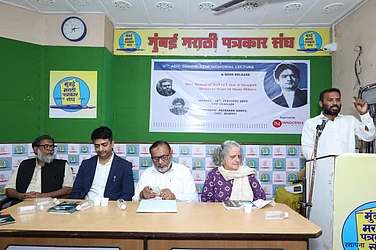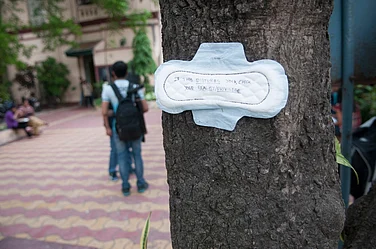Amidst a plea by a minor rape survivor seeking permission to terminate her pregnancy, a judge of the Gujarat High Court remarked on the historical context of early marriages and childbirth. Justice Samir Dave, while indicating a potential denial of the petition if both the girl and the fetus were in good health, made reference to the Manusmriti during Wednesday's hearing.
The rape survivor, aged 16 years and 11 months, is carrying a seven-month-old fetus, leading her father to approach the High Court for permission to proceed with the abortion after surpassing the 24-week limit for abortion without court approval. The family expressed concerns about the girl's age, prompting their lawyer to request an expedited hearing.
Expressing his apprehension, Justice Dave highlighted the contrast between historical norms and the present era, stating, "Ask your mother or great-grandmother. Fourteen-fifteen was the maximum age (for marriage), and girls used to give birth to their first child before turning 17. And girls get mature before boys....Though you may not read, but you should read Manusmriti once."
Considering the expected delivery date of August 16, the judge sought the consultation of expert doctors regarding the case. While acknowledging that the court could consider allowing the abortion in the presence of serious fetal or maternal health issues, Justice Dave expressed reluctance to grant such an order if both parties were deemed healthy.
Consequently, the court instructed the Medical Superintendent of Rajkot Civil Hospital to arrange for a panel of doctors to conduct a comprehensive examination of the girl. This examination would include an ossification test to determine her age and a psychiatric evaluation to assess her mental well-being. The hospital was directed to submit reports by June 15 for further consideration.
During the hearing, the judge also advised the girl's lawyer to explore alternative options if the medical opinion opposed the termination of pregnancy. He expressed concerns about the child's future if born, suggesting the exploration of government schemes and potential adoptive parents.
The case continues to unfold as the court awaits medical reports and prepares for the next hearing on June 15.
(With PTI Inputs)


























